PGY1 Pharmacy Residency at Strong Memorial Hospital
Welcome From the Program Director
Travis B. Dick, PharmD, MBA, BCPS
*Last updated 2020-2021
The University of Rochester PGY1 Residency Program is designed with you in mind. Our program builds upon the foundation you created in Pharmacy School and is designed to take your clinical skills, critical thinking, and presentation abilities to the next level. We offer numerous electives, a Teaching Certificate from St. John Fisher College, publishing opportunities, and tailor the program to help meet your professional goals. As an Academic Medical Center, you will have the opportunity to learn alongside learners from other disciplines and gain exposure to a wide variety of disease states while being supported by passionate, well-trained preceptors that care about your personal and professional wellbeing. I am glad you are interested in the UR PGY1 Residency which help you become a well-rounded clinician that is competitive for any position or PGY2 Residency you choose to pursue.
Our Program By the Numbers
25
+
94
20
+
3
At a Glance
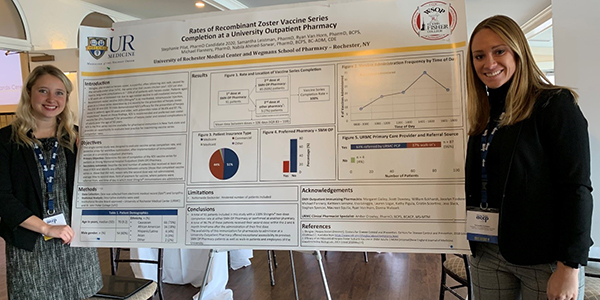
Program Curriculum
Our full-time curriculum provides the essential elements needed to mold a well-rounded clinical pharmacist.
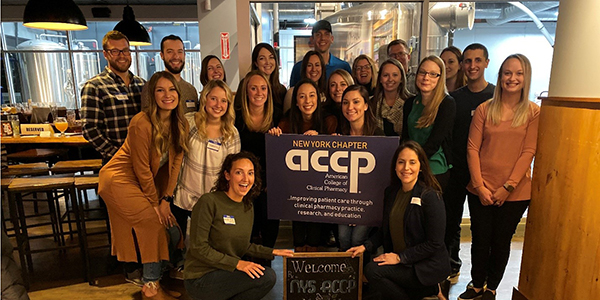
Resident Well-Being
Burnout is real. Our longitudinal programming on building resilience, finding work-life balance, and managing stress is one of the reasons residents recommend URMC.
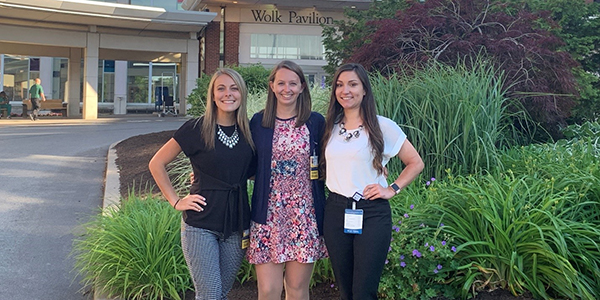
Life of a Resident
Our emphasis on work/life balance is an important reason fellows choose URMC. A focus on trainees' well-being enables you to learn and thrive in Rochester.
Program Details
The PGY1 Pharmacy Residency at the University of Rochester Medical Center is a 12-month, full-time curriculum that provides the essential elements needed to mold a well-rounded clinical pharmacist. This intensive training involves activities in a wide variety of practice settings from ambulatory to critical care and all points in between. Residents actively participate in direct patient care, rotate through different medical subspecialties, and participate in longitudinal experiences to provide diverse learning experiences.
The resident will demonstrate professional maturity by developing and following a personal philosophy of excellence, monitoring their own performance and exhibiting a commitment to the profession of pharmacy.
Outlined below are some additional opportunities offered to residents (some of which are required) including key program components:
- ACLS Certification*
- National/regional meetings*: Vizient/ASHP – Midyear (Minor Research) and Eastern States Residency Conference or equivalent (Major Research)
- Local*: University at Buffalo Residency Project Presentation Day, New York State – ACCP, and/or Rochester Area Society of Health-System Pharmacists
- Teaching and Learning Certificate Program offered by Wegmans School of Pharmacy*
- Precepting/teaching opportunities
- Committee participation
- No on-call responsibilities
- One major and one minor holiday required (at minimum)*
- Pharmacy practice (staffing requirement), every 3rd weekend*
* indicates required element
Rotation Schedules
Rotations for the residency are outlined below and are tailored to meet the resident’s needs and interests.
Core Rotations (Required)
- Ambulatory Care (four weeks)*
- Critical Care (four weeks)*
- Internal Medicine (2 x 4 week blocks, 8 weeks total)
Longitudinal Rotations (Required)
- Leadership
- Pharmacy Practice (Staffing)
- Presentations/Preceptorship
- Research
- Resuscitation and Emergency Response
- Therapeutics (as assigned)
- Wegmans School of Pharmacy Teaching & Learning Certificate Program
Elective Rotations - 4 Weeks
- Ambulatory Oncology
- Ambulatory Solid Organ Transplant
- Ambulatory Primary Care
- Ambulatory Specialty Pharmacy**
- Bone Marrow Transplant
- Burn Trauma ICU
- Cardiology
- Emergency Medicine
- General Pediatrics
- Infectious Diseases
- Informatics
- Inpatient Oncology - Malignant Hematology
- Investigational Drug Service
- Leadership/Management
- Medical ICU (Strong or Highland Hospital)
- Medication Safety
- Neonatal ICU
- Neuromedicine ICU
- Operating Room
- Pain and Palliative Care
- Pediatric Cardiovascular ICU
- Pediatric ICU
- Psychopharmacotherapy
- Solid Organ Transplant
- Surgical ICU
* Resident is able to choose from multiple critical care and ambulatory sites as outlined under elective rotations.
** Multiple specialty rotations are available including Multiple Sclerosis, Pediatric/Adult Cystic Fibrosis, Complex Care Center, Hepatology, and Rheumatology.
Resident Well-Being
Life of a Resident
Typical day in Internal Medicine:
- 7:30 - 8:00 a.m. Head into the hospital and start working up patients.
- 9:00 a.m. Meet with preceptor and go over patients.
- 10:00 a.m. Round with interdisciplinary team.
- 12:00 - 1:00 p.m. Lunch/Resident conference/Meetings.
- 2:00 p.m. Discharge patient education, complete new patient medication reconciliations.
- 3:00 p.m. Topic discussions.
- 4:00 p.m. Follow up on outstanding patient care responsibilities and/or meetings.
- 5:00 p.m. Leave for the day.
*Schedule will vary depending on the rotation the resident is on during the year.
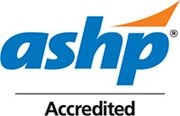
Purpose Statement
PGY1 pharmacy residency programs build on Doctor of Pharmacy (Pharm.D.) education and outcomes to contribute to the development of clinical pharmacists responsible for medication-related care of patients with a wide range of conditions, eligible for board certification, and eligible for postgraduate year two (PGY2) pharmacy residency training.
We place tremendous value on resident well-being and offer a longitudinal series which helps our residents achieve a better work-life balance. We strive to provide our residents with the skills they need to manage their stress and build resilience, not only for residency training, but for their professional careers.
Sessions incorporate guest speakers, various icebreaker activities, events such as preceptor-resident get-togethers, and lots of fun!
Topics covered include:
- Understanding Wellness, Resilience, and Burnout
- Developing Self-Care Strategies as a Resident
- Understand Factors That Can Contribute to Burnout
- Handling Conflict and Difficult Conversations
- Creating a Culture of Resident Well-Being
What Our Residents Are Saying...
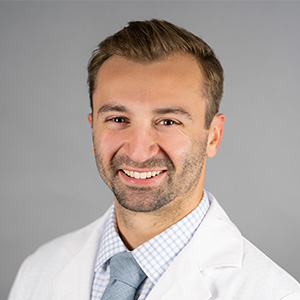
"When I was looking at residency programs, I wanted to be part of a program that not only offered a wide range of clinical experiences, but also a place where I felt like the preceptors genuinely wanted me to grow as a pharmacist – that’s exactly what I found at URMC. Even early on, it was so easy to tell that every person here wants you to learn and get the most out of every experience."
Denis Vanini, PharmD
PGY1 Pharmacy
Class of 2021-2022
Contact Us
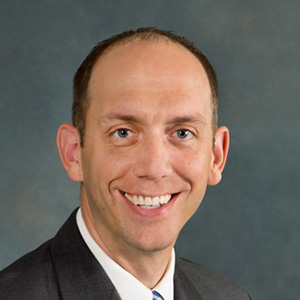 Travis B. Dick, PharmD, MBA, BCPS
Travis B. Dick, PharmD, MBA, BCPS
Director | Clinical Pharmacy Practice, Research, and Education
Director | PGY1 Pharmacy Residency Program
University of Rochester Medical Center
601 Elmwood Avenue, Box 638
Rochester, NY 14642
Office: (585) 275-8337
The information contained herein is subject to change. Please feel free to contact the residency program directly for the most up-to-date information and/or other residency related questions.
